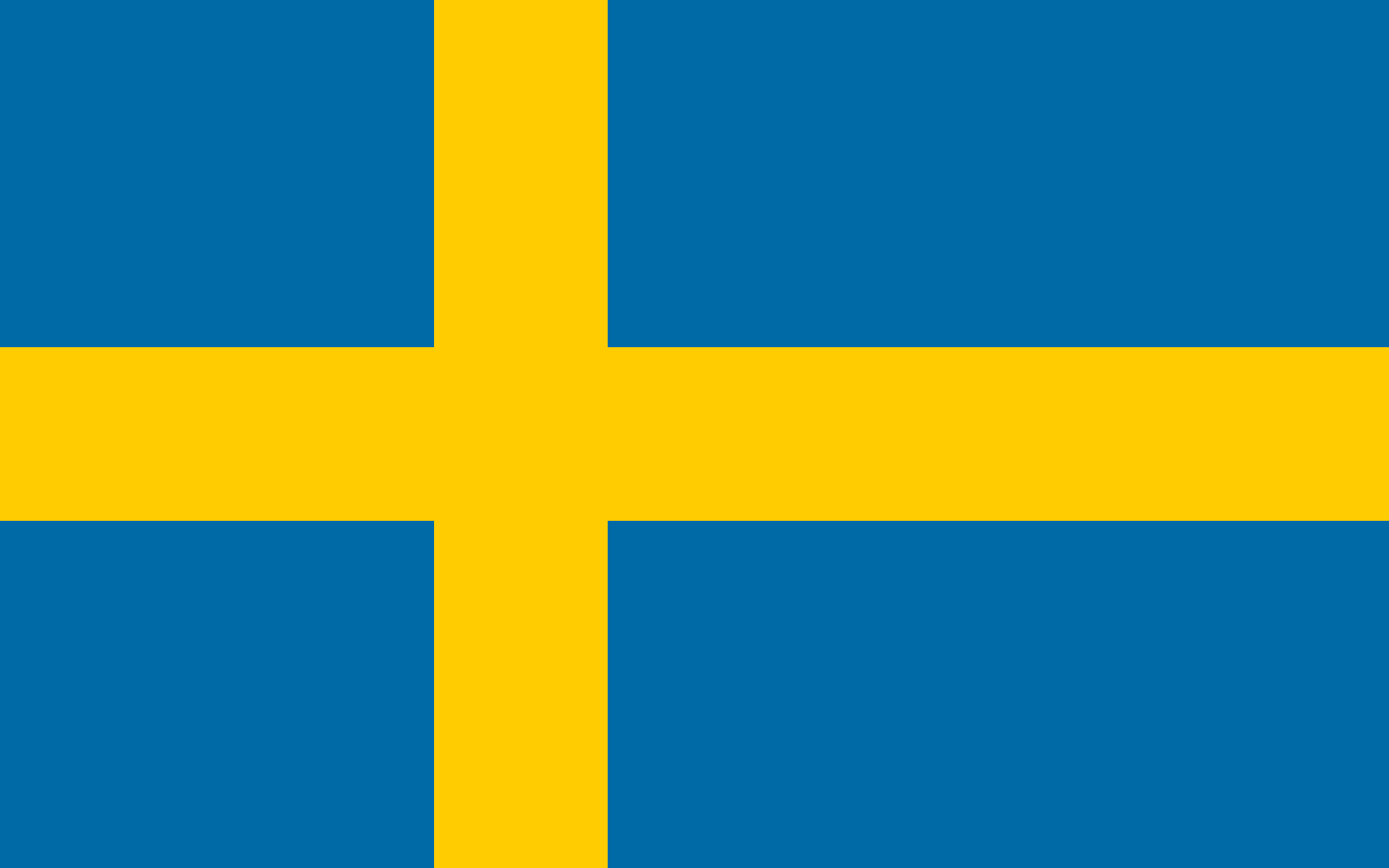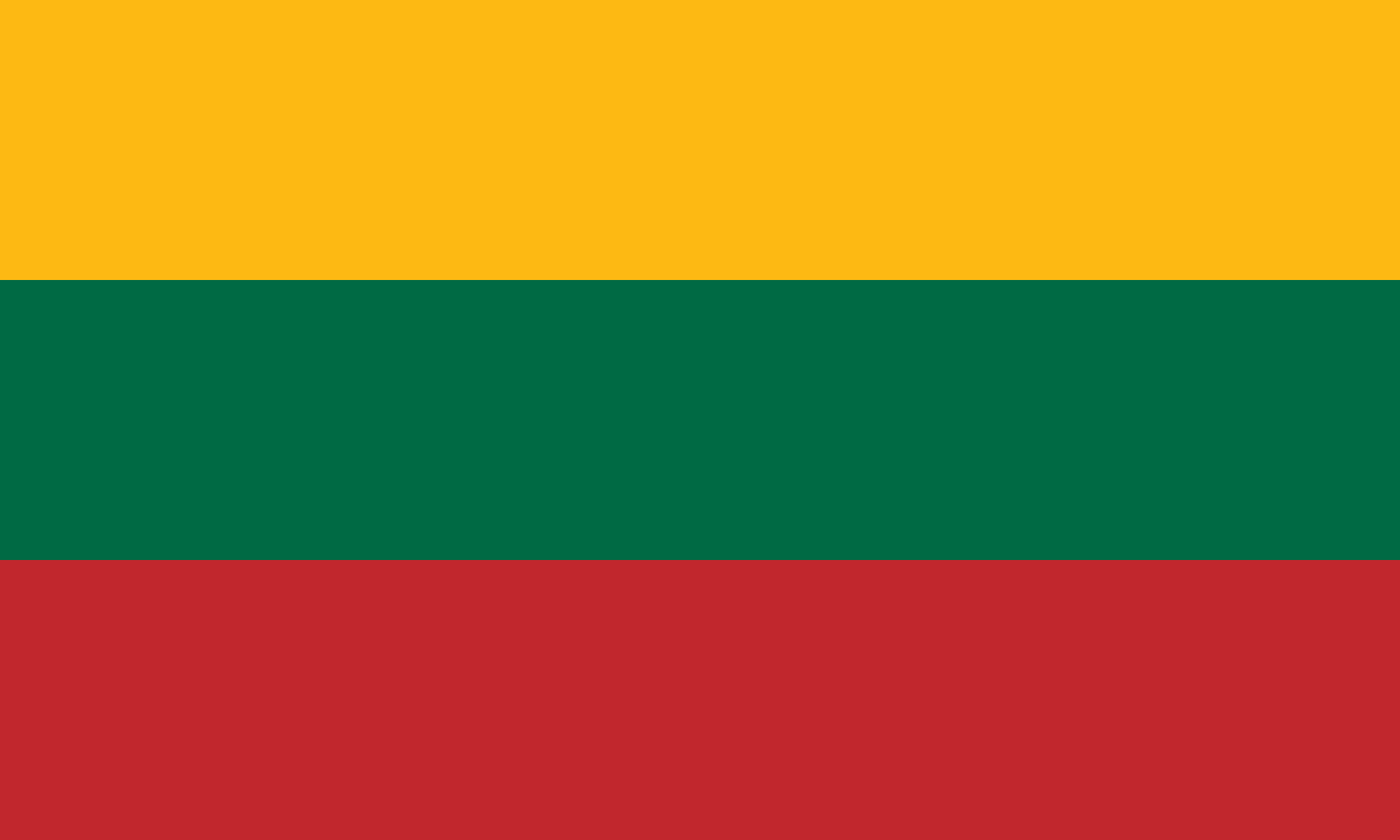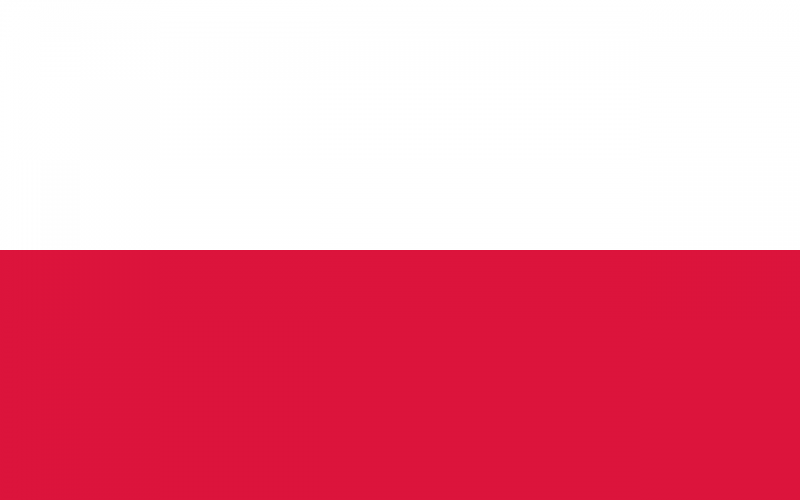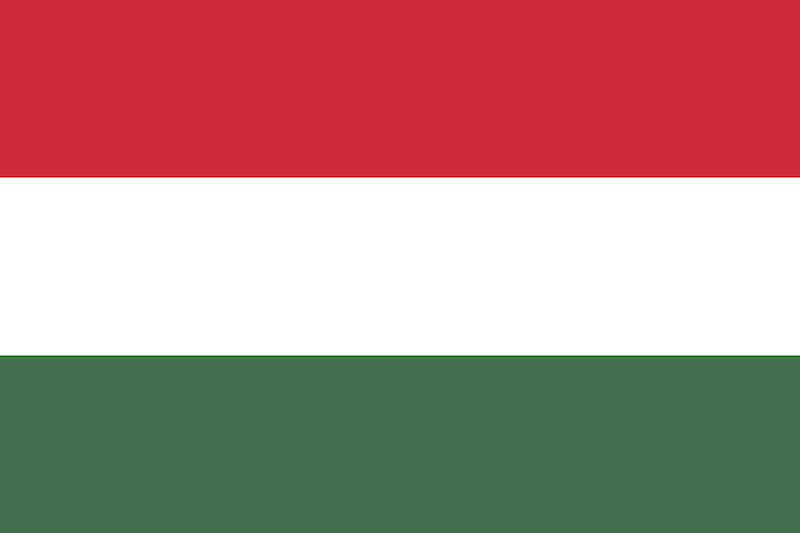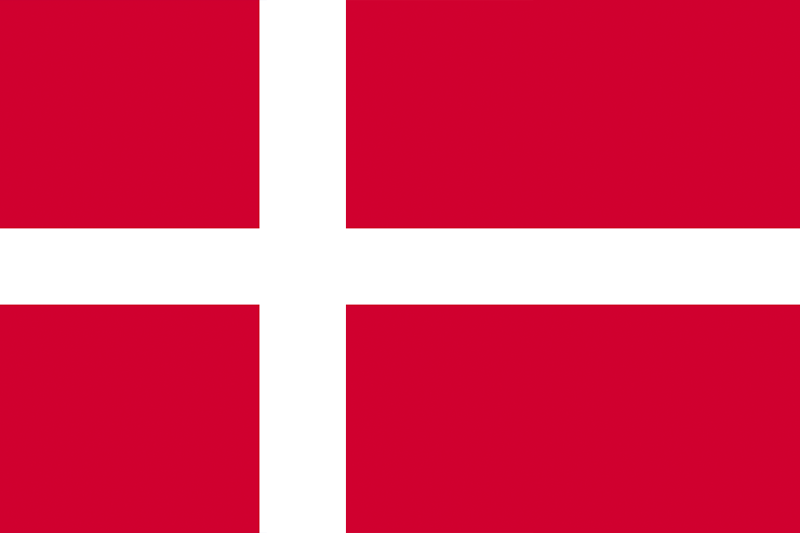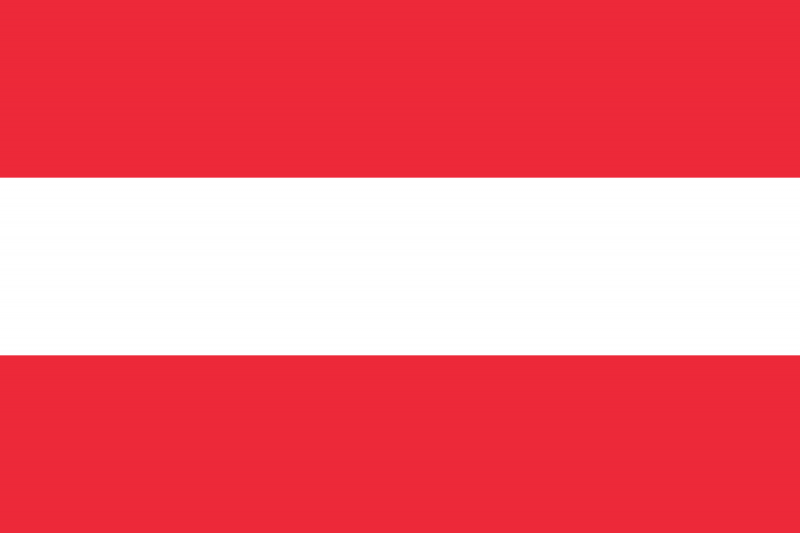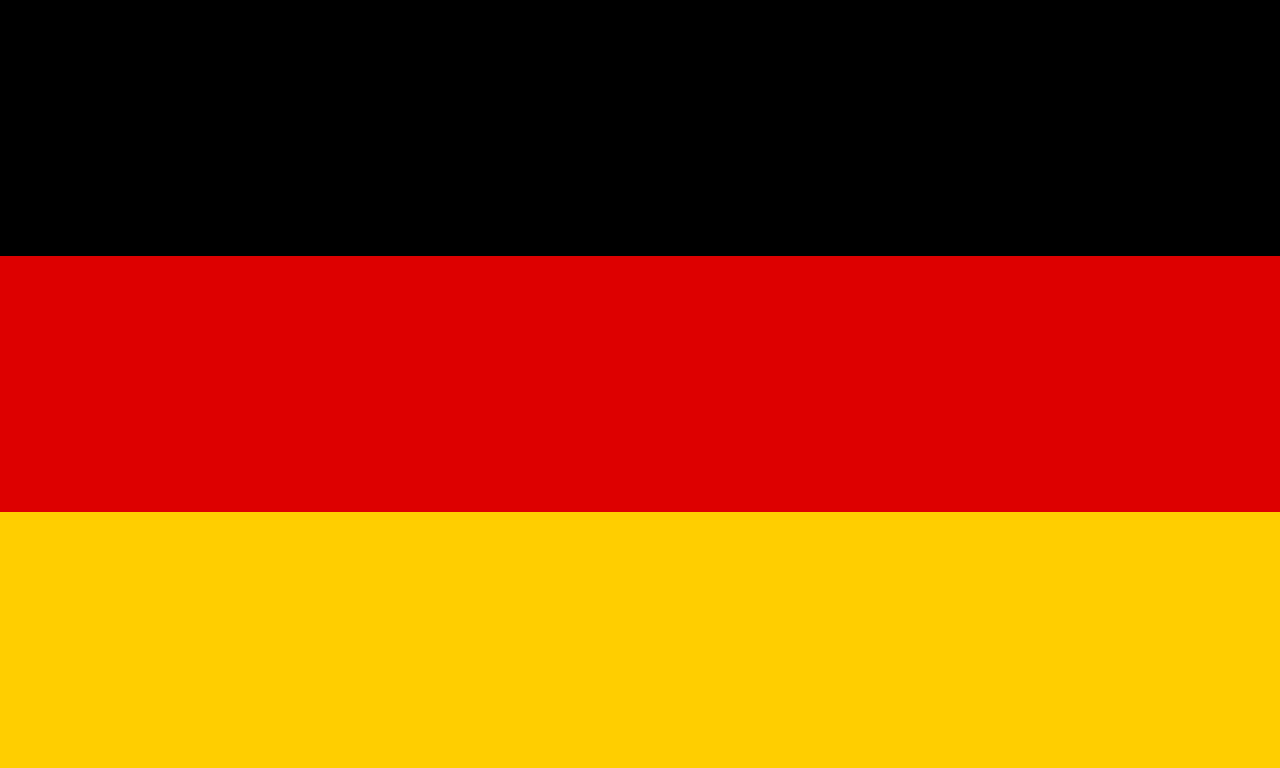 Germany
GermanyNever Again? – Turbulence et radicalization in the discourses in Germany
Within the partnership with the Association of the European Affairs Master at Sciences Po (AMAE)
In Germany more than elsewhere, the coming back of radicalization is alarming. On the political arena, the AfD and Pegida seem to revive the traditional populist recipe of a fantasized redefinition of the people by emitting demagogic promises and calling for the exclusion of an enemy-to-kill, be it the establishment or the migrant. Meanwhile, religious radicalization is gaining ground in the most populated country in Europe. It represents an actual threat of terrorism on the German soil, as it is moreover facilitated by the phenomenon of home-made jihadism that can be witnessed in many other countries.
A stressful context
Due to it’s not too distant past, radicalization is in Germany a historically meaningful term. For a long time, collective memory seemed to fiercely counter all kind of institutionalized radicalization. Yet in recent years, many events and factors interacted in a way that all the conditions and requirements for a new radicalization were present. Since the Syrian civil war broke out, Europe and the European Union, already challenged with problems deriving from the Greece crisis, have been confronted with a never-seen-before influx of refugees and asylum-seekers, which today constitutes one of the greatest challenges since the end of World War II. These issues are raising questions, both on the political and societal scales, about values such as solidarity and the way of living together.
In Germany, newly created far-right movements such as the ‘Patriotic Europeans Against the Islamisation of the West’ (PEGIDA)[1] in East Germany or later the ‘Hooligans against Salafists’ (Hogesa) started gathering supporters against not only the spread of radical Islam in the country but also against immigration as such.
The Islamist terrorist attacks in Paris in November 2015 have added fuel to the fire, just as, on January 4th and 5th, the report of the mass and assumingly semi-coordinated sexual assaults on female celebrators by men with a “North African or Arabic appearance”[2] near the city’s iconic cathedral. These news massively exacerbated the situation and this already heavily charged context resulted in a strengthening of radical right-wing parties in Germany, which also oppose the German migration policies.
AfD: The development from Eurosceptics to right-wing populists
Obviously, those benefiting from the backlash against the German ‘Willkommenskultur’ are right-wing parties – first and foremost the right-wing populist party ‘Alternative für Deutschland’ (AfD). They saw their unique opportunity to instrumentalize what had happened in Paris and Cologne and promote resentments towards refugees and immigrants while also increasing their level of criticism towards the German government. And although Angela Merkel’s support among the population remains significant, first signs of doubt have appeared regarding her immigration policy – a considerable dynamic, since populism prospers by building leadership where it actually lacks.
Polls after the events showed an increase of four percent in popular support for the AfD – a result confirmed by its success at this year’s regional elections: it obtained double digit percentages in the ‘Bundesländer’ Baden-Württemberg (15,1%), Saxony-Anhalt (12,6%) and Rhineland-Palatinate (24,3%) on March 13[3]. An enormous step forward for a party that had an average of 8% during the 6 precedent regional elections, as well as 7,1% in the last European election (2014) and 4,1% during the last national election (2013) – scores, which were already perceived as relative victories.
The AfD, originally founded by Bernd Lucke, a Professor of Economics, was created verbatim as an alternative to the established pro-EU parties and has long been perceived simply as a monothematic protest party. Lucke’s focus on criticizing the established parties and promoting the abolishment of the Euro as Germany’s currency might have polarized, but his political attitude was and still is ‘far’ from being characterized as extremely populist and xenophobic. Instead, the AfD’s populist narrative of excluding “others” has been based on an economic instead of an ethnic criterion. In this light, Lucke’s party line can be compared to Ukip in Britain.
As a matter of fact, the party started to be more radicalized once Lucke lost the internal power struggle against Frauke Petry regarding the chairmanship in July 2015. What was problematic was the presence of a rather large already radicalized community of voters supporting Petry’s positions, for instance former supporters of the struggling NPD, seemingly infiltrating the AfD when Lucke still was in power. It was no surprise, since the AfD showed first signs of extremism since its very beginning on the political scene. For example, Stefan Milkereit, then member of the directory of the party, shocked with a tweet criticising the “multicultural gene” that “brings mutations and an illness which were not present within the pure race”[4].
Der Unterschied ist ja wohl offensichtlich: #AfD #NPD pic.twitter.com/FnO4Eg7Adz
— Lorenz Maroldt (@LorenzMaroldt) 1. Oktober 2014
The analogy with the NPD goes way beyond such anecdotes and therefore it is not a surprise to see that both parties have used the exact same slogans for one of their election posters[5]. Early members from the AfD, formerly located in the CDU and CSU, saw in the AfD an answer to their increasing dissatisfaction with the German conservatism, thus consequently pulled the ripcord and left. If a few thought this conflict would be the end of the AfD, the party have shown the contrary and only suffered from the loss of 5 out of its 7 seats in the European Parliament since these were all detained by people supporting Lucke.
The AfD is currently led by Frauke Petry, who caused political uproar by insisting that the country’s border police should be authorized to shoot at refugees trying to enter the country illegally[6], in a spiral of radical populism that continues to escalate. Petry orientates herself not only far more right on the political scale but also has no qualms about playing the populist card with ideas that mobilizes also the Right Wing and ‘Nazis’. Consequently, the party has the issue-ownership of anti-immigration, anti-refugees and anti-Islam issues. During its last meeting, the party added the ban of minarets on German soil in its program, an initiative that one knows from parties like the UDC in Switzerland and Vlaams Belang in Belgium. The current dynamic is in this light a dangerous and frightening fact considering the increased voter turnout in the recent elections – suggesting the AfD succeeded in bringing abstentionists back to voting with its strategy of exclusion. The aforementioned regional elections clearly show which the dimensions the AfD’s influence has suddenly reached, and how widely spread radical opinions in Germany actually are.
“Frauke Petry caused political uproar by insisting that the country’s border police should be authorized to shoot at refugees trying to enter the country illegally”
This context comes with a reaffirmation, from this part of the electorate, of a German patriotism that is frustrated and constantly reminded of its abuse and duty of remembrance. This is indeed what defines the specificity of Germany, a country in which whatever attempt of harmonization of values (see the debate about Leitkultur) or patriotic movement faces hostility due to the heavy heritage of the German past. In this light, the AfD is the actor that appeals to the courage to say the truth (“Mut zur Wahrheit”), while Pegida operates the very essence of populism by redefining a true folk (“Wir sind das Volk”).
One year away from the general elections and based on the paralysis European politics are being challenged with today, the AfD might be able to pursue its evolution on a national base. The fight against IS, the economical conjuncture and the ability of Angela Merkel to face the effect of time on her leadership after three consecutive mandates will be variables deeply affecting the agenda-setting power of the AfD. The party indeed depends on the anxiety and the fear-rooted interest for the redefinition of a folk that only exists as a fantasm of repressed patriots.
Radical Islamism
Paradoxically not only right-wing populists instrumentalize this phenomenon but also, although in different way, “radical” Islamists. In Germany, populist preachers give media-effective radical speeches on online-platforms and also answers to questions from mostly disappointed young adults without prospects. This Islamist radicalization has to be divided into the endogenous and exogenous danger.
“By publicly trying to undermine the democratic rules of pluralism and tolerance, Vogel, Abou-Nagi and others who just represent a small minority of Muslims in Germany fuel conflicts and play in the cards of the right-wing populist movements and parties”
In an endogenous sense, under the protection of the rule of law and free speech as well as freedom of religion, radical characters such as Pierre Vogel and Ibrahim Abou-Nagi advocate a Salafism that pretends to solely promote Islam but rather creates radicalized individuals that are not hesitant to act against the German constitution and basic rule of law. Vogel for example created a polemic in 2011 when it was publicly acknowledged that he was going to perform a prayer for the dead for Bin Laden during a public prayer[7]. He also talks about how to treat women in his speeches: “Does the woman have to do everything the man tells her? We say yes, except if the man orders something that goes against the law of God”[8]. By publicly trying to undermine the democratic rules of pluralism and tolerance, Vogel, Abou-Nagi and others who just represent a small minority of Muslims in Germany fuel conflicts and become targets of right-wing populist movements and parties.
In an exogenous sense, and similar to many other European countries, the danger of a terrorist attack in Germany is taken really seriously by German authorities. Witnessing what happened in Paris last year plus the recent attacks in Brussels, Germany also finds itself in an era of permanent heightened terror threat (Euractiv, 2016). It is an important fact to observe that since 9/11, Germany has never been the victim of an attack, while France, Spain, the UK, Denmark and Belgium suffered from painful events. However, the actual context of the rise of an Islamic State makes the danger more alive than ever.
The rise of a home-made terrorism?
This is due to the fact that endogenous and exogenous radicalization threats are dangerously colluding. Following a report made by the government, more than 800 Germans have already decided to fight the Jihad in Syria, creating an home-made terrorism threat.
A study of the Bundeskriminalamt (BKA) of 2015 indicates that 67% of the radicalized individuals who went to Syria were born in Germany. Concerning the individuals on which the government has information, 36% have obtained a diploma of secondary education, while only 8% do not have any diploma at all. 116 individuals out of the more than 600 people observed have been converted to Islam. Finally, 2 out of 3 radicalized individuals have infringed the law before departing to Syria.
“A study of the Bundeskriminalamt (BKA) of 2015 indicates that 67% of the radicalized individuals who went to Syria were born in Germany”
It has to be mentioned that 300 radicalized individuals already returned – a phenomenon that Germany manifestly does not control totally. The BKA admits in its report that they lack expertise to evaluate the potential danger that the group of Rückkehrer can represent for Germany. Jürgen Todenhofer[9], a famous journalist well-known for having travelled to the IS territory and having interviewed leaders of the IS, harshly criticized the absence of initiatives related to this homemade threat: in his opinion, it is still way too easy for Germans to leave for the Syrian Jihad, while the government has no expertise nor network to fight propaganda in Germany, letting radical islamism find roots on the German soil.
Populist right-wing parties and movements, especially the AfD, exploit this situation by establishing irresponsible, dangerous and inflammatory links between the refugee crisis and radical islamist terror attacks. Now, it is upon the German leadership to stop this radicalizing dynamic before it reaches the state of a normalized matter-of-fact like in neighbor-countries such as France or Belgium.
Sources:
[1] German: “Patriotische Europäer gegen die Islamisierung des Abendlandes”.
[2] Agarwala, Anant (2016): Kriminalität: Kölns schwerer Kampf gegen die “Nafri”-Kriminellen, on: www.zeit.de.
[3] Oltermann, Philip (2016): German elections: setbacks for Merkel’s CDU as anti-refugee AfD makes big gains, on www.theguardian.com
[4] Henkenberens, Carolin (2013): Wie rechtspopulistisch sind die Euro-Gegner, on www.tagesspiel.de.
[5] https://www.youtube.com/watch?v=5_r2Kcc6Xzw.
[6] Peterson, Tony (2016): Alternative for Germany: Party behind Germany’s ‘shoot at migrants’ politician is attracting unprecedented support, on www.independant.uk.
[7] Wirtschafts Woche (2011): Pierre Vogel: Islamisten dürfen in Frankfurt beten, on www.wiwo.de.
[8] See “Pierre Vogel – Muss die Frau dem Ehemann gehorchen?” on Youtube.
[9] Todenhofer, Jürgen (2015): “Nicht der Islam ist das Problem”: Todenhöfer rechnet mit Politik des Westens ab, on www.huffingtonpost.de.






